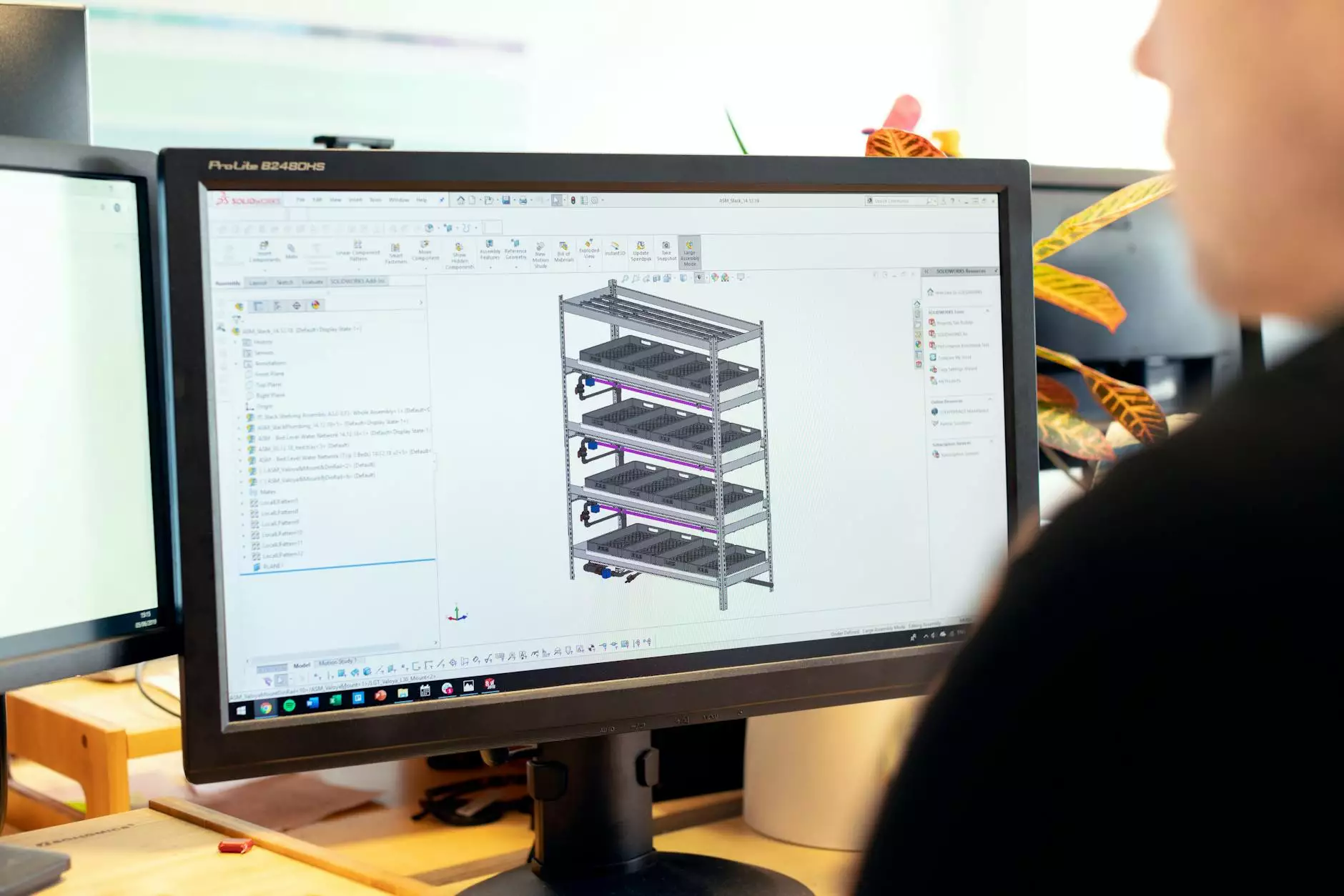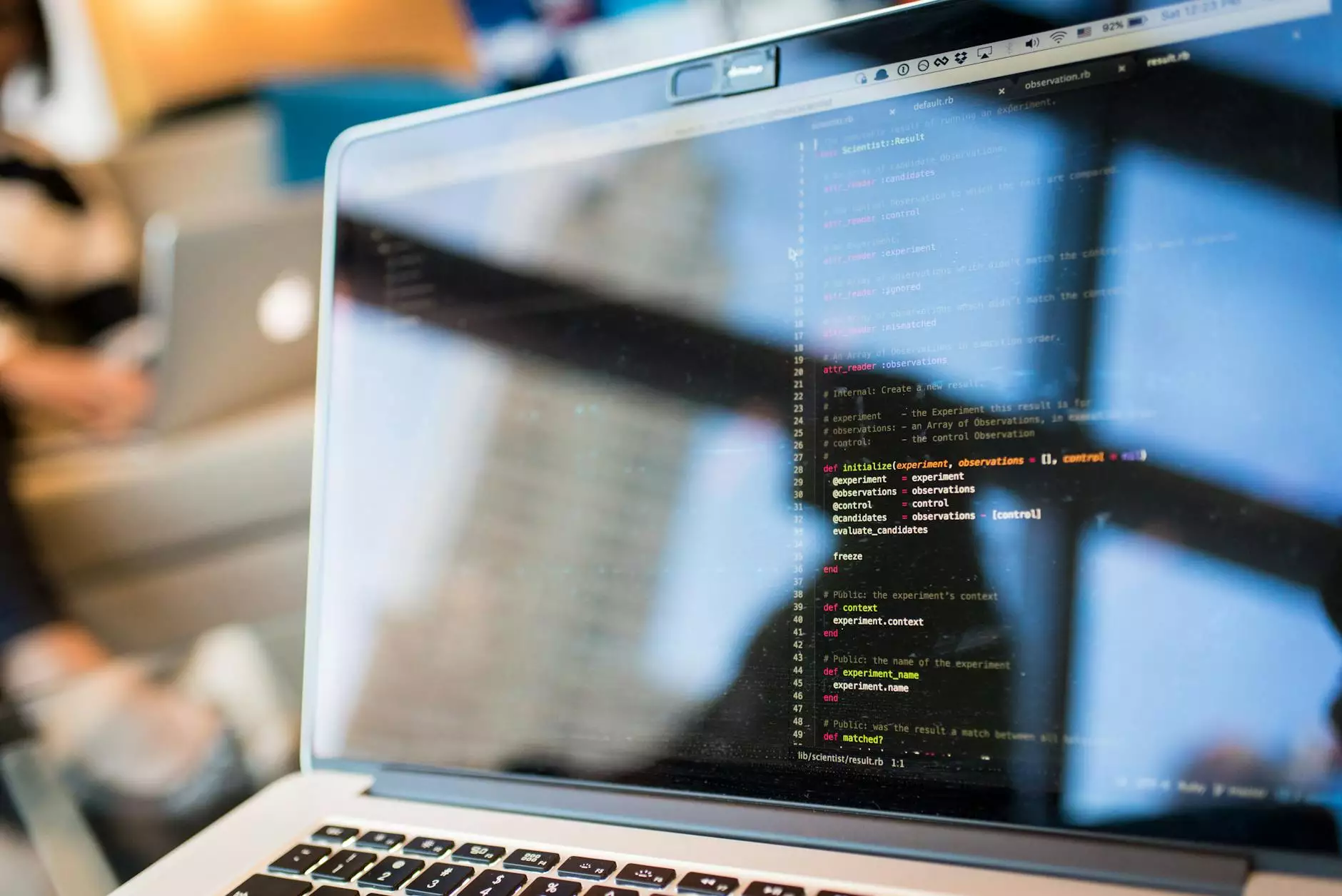5 Disruptive Technologies in Education
Blog
Introduction
With the advent of technology, the education landscape is evolving at an unprecedented rate. Educational institutions, from traditional schools to online platforms, are adopting disruptive technologies to reshape the learning experience. In this article, we explore the top 5 disruptive technologies revolutionizing education.
Virtual Reality (VR) in Education
Virtual Reality is transforming the way students learn by creating immersive virtual environments that simulate real-life experiences. By using VR headsets, students can explore historical landmarks, travel to distant planets, or even dissect a virtual frog. This technology enhances engagement, facilitates interactive learning, and fosters critical thinking skills.
Artificial Intelligence (AI) in Education
Artificial Intelligence is revolutionizing education by personalizing the learning experience. AI-powered tools analyze student data and adapt the curriculum to meet each student's individual needs. AI chatbots provide instant feedback, answer questions, and offer personalized support. By leveraging AI, educational institutions can enhance student outcomes and improve retention rates.
Blockchain in Education
Blockchain technology has the potential to disrupt traditional education systems by ensuring enhanced security, transparency, and verifiability. Blockchain can securely store and verify student credentials, certifications, and achievements, eliminating fraudulent practices. Educational institutions are exploring blockchain-based platforms to revolutionize the credentialing process and facilitate secure, tamper-proof records.
Internet of Things (IoT) in Education
The Internet of Things is revolutionizing classrooms by connecting devices and creating a networked learning environment. IoT devices, such as smart whiteboards and connected tablets, enable real-time collaboration, personalized learning experiences, and data-driven insights. With IoT, educators can monitor student progress, identify learning gaps, and provide targeted interventions.
Machine Learning (ML) in Education
Machine Learning algorithms are reshaping education by automating administrative tasks, optimizing course recommendations, and analyzing large volumes of educational data. ML-powered tools help educators track student performance, identify areas for improvement, and develop personalized learning paths. This technology empowers educators to deliver tailored instruction and improve student outcomes.
Conclusion
As the world becomes increasingly digitized, disruptive technologies are transforming education in unprecedented ways. Virtual Reality, Artificial Intelligence, Blockchain, Internet of Things, and Machine Learning provide endless possibilities to enhance the learning experience, personalize education, and prepare students for future challenges. To stay ahead in the ever-evolving digital landscape, partner with SEO On Line Marketing Results, experts in business and consumer services - digital marketing.




